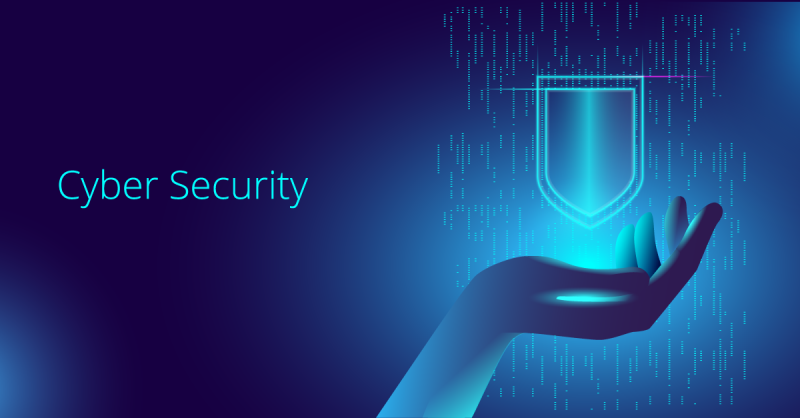Asia-Pacific Insights
Exploring the latest trends and news in the Asia-Pacific region.
Cybersecurity: The Homeowner's Unseen Intruder Alert
Unlock the secrets of cybersecurity! Discover how unseen intruders threaten your home and learn crucial tips to safeguard your sanctuary.
Top 5 Cybersecurity Threats Every Homeowner Should Know
As homeowners increasingly rely on technology to enhance their daily lives, it's crucial to stay informed about the top cybersecurity threats that could put their safety at risk. Here are the top 5 cybersecurity threats every homeowner should know:
- Phishing Attacks: Cybercriminals often use deceptive emails or messages to trick homeowners into revealing personal information. Beware of any unexpected communications requesting sensitive data. For more information on recognizing phishing threats, check out this FTC guide.
- IoT Vulnerabilities: With the rise of smart home devices, homeowners must be aware that these gadgets can serve as entry points for attackers. Always secure your devices with strong passwords and regular updates. For best practices, visit this CISA resource.
- Ransomware: This malicious software can lock homeowners out of their own files, requiring payment for access. It’s essential to back up data regularly. To learn more about ransomware protection, see this US-CERT article.
- Wi-Fi Security Flaws: An unsecured Wi-Fi network can expose your home to unauthorized access. Use WPA3 encryption and change default router settings. For guidance on improving your Wi-Fi security, explore this CISA publication.
- Malware: Homeowners should be cautious of downloading software or apps from untrusted sources, as they may harbor malicious code. Invest in reputable antivirus software to protect your devices. The Consumer Reports offers insights into choosing the right solution.

How to Secure Your Smart Home: Tips for Protecting Your Digital Assets
Securing your smart home is crucial in today's digital age, where cyber threats are increasingly sophisticated. To begin with, ensure that all your devices are protected with strong passwords. Use unique passwords for every device, and consider employing a password manager to keep track of them. Additionally, regularly update your devices' firmware, as manufacturers often release updates that fix security vulnerabilities. For more information on secure passwords, check out this guide from the FTC.
Another essential tip is to segment your network by creating a separate Wi-Fi network for your smart devices. This helps to isolate them from your primary network and reduces the potential impact in case of a breach. It's also advisable to disable features like Universal Plug and Play (UPnP), which can make your devices more accessible to unauthorized access. To enhance your security further, consider investing in a quality firewall, and regularly monitor your devices for any suspicious activity. For detailed steps on fencing your digital assets, refer to CNET's comprehensive guide.
Is Your Home Wi-Fi Secure? A Homeowner's Guide to Cyber Safety
In today's digital age, ensuring that your home Wi-Fi is secure has never been more critical. A secure Wi-Fi network not only protects your personal information but also prevents unauthorized access to your devices. To start, it's essential to change the default username and password of your router. Most routers come with default credentials that are easily accessible online, making them vulnerable to cybercriminals. For detailed instructions on how to do this, you can visit Consumer Reports.
In addition to changing your passwords, consider enabling encryption protocols such as WPA3, which provides enhanced security compared to its predecessors. Regularly update your router's firmware to address security vulnerabilities, and disable remote access unless absolutely necessary. Implementing a guest network can also add an extra layer of security for visitors and their devices, isolating them from your primary network. For further tips on securing your home Wi-Fi, check out Nerds Chalk.